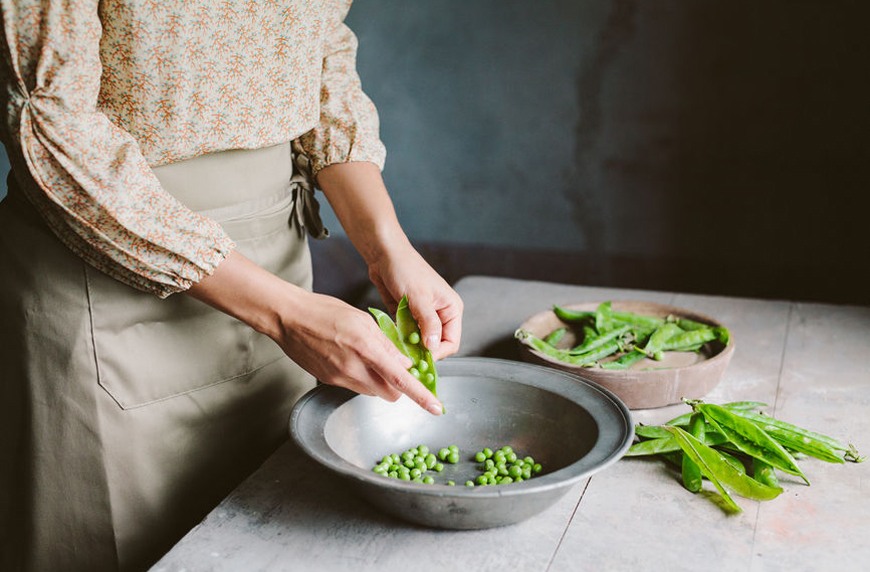Although it's best known as an active ingredient in natural sunscreens. It's also the fastest way to cure a common cold, according to science. Zinc should also be a regular part of your diet year-round—8 milligrams a day for women, 11 milligrams a day for men. That's because your body doesn't store it like it does other nutrients or enzymes.
Zinc supplements exist. They can help clear up acne and balance a vegan diet when taken regularly. But it's also possible to increase your zinc through your diet. Keep reading for the benefits of getting enough zinc. Plus, find a list of foods that are excellent sources of zinc, below.
5 health benefits of zinc
1. Zinc supports your immune system
The human body needs zinc to grow and develop. A deficiency in the trace element can compromise your immune system. Read: Make you more susceptible to getting sick.
2. Zinc combats common colds
Zinc has antiviral properties that can stop or slow down the bacteria that cause the flu and colds when consumed within 24 hours of symptom onset. It's like your own slo-mo filter for sickness.

{{post.sponsorText}}
3. It helps balance your hormones
Out of whack hormones are the underlying cause of many women's health issues. Several factors influence imbalances. But research shows zinc plays an important role in regulating your thyroid. No longer seen as a mystery organ, research now links the thyroid to autoimmune diseases. Among them are Grave's Disease and Hashimoto’s hypothyroidism.
4. Zinc has anti-inflammatory properties
Zinc's praises are less sung than ginger and turmeric in this category. Still, it's a superstar at fighting inflammation because it shows antioxidant properties.
5. Zinc can help soothe irritated bowels
Whatever it's brought on by, diarrhea is the type of thing that can put a kink in your plans or an end to your day. Research shows Zinc can help keep prevent or reduce a bad case of the runs. (Gross, I know, but good news!)

7 foods that are great sources of zinc
1. Whole grains
You can get 3 to 6 percent of your daily zinc from whole grains. Steel cut oats, brown rice, barley, and wheat spaghetti are all good sources. It's important to note that it's harder to absorb zinc from plants than animal-based foods.
2. Healthy shellfish
A top food source of zinc is shellfish. Oysters, for example, have a reputation for boosting libidos. But they're also chock full of the trace mineral. Three ounces of them have 3.5 times the daily recommended amount of zinc for women. Another high-zinc option from the ocean are scallops. A three-ounce serving has 1.3 milligrams of zinc.
3. Legumes
Chickpeas, lentils, edamame, and beans are protein rich. Legumes also happen to have one of the highest amounts of zinc among common plant foods. For example, a half-cup of navy beans holds about 25 percent of your daily zinc needs.
4. Red meat
If you eat red meat, you're getting a little over three milligrams of zinc for every three ounces of lean beef or pork.
5. Dark chocolate
Dark chocolate is the gift that keeps on giving. It's got anti-inflammatory, memory improving, and potentially cancer-preventing properties. A bar of 70-percent dark chocolate also has about 3.3 milligrams of zinc.
6. Dairy
Foods like milk, cheese, yogurt, and other dairy products contain zinc that's more bioavailable. What that means is it's more easily absorbed by your body. Check the labels to mind how much of the mineral you're getting per serving.
7. Eggs
Here's something that could help curb that egg burnout. One egg can have as much as five percent of your recommended daily zinc intake.
In preparation for flu season, here's what you need to know about ginger baths and a super-simple recipe for ginger tea.
Loading More Posts...